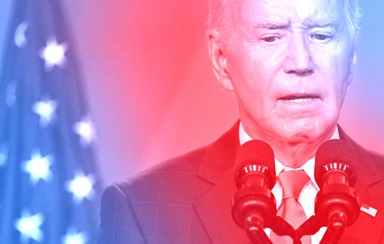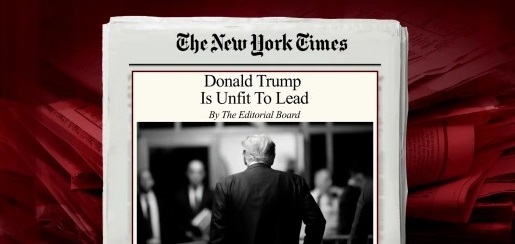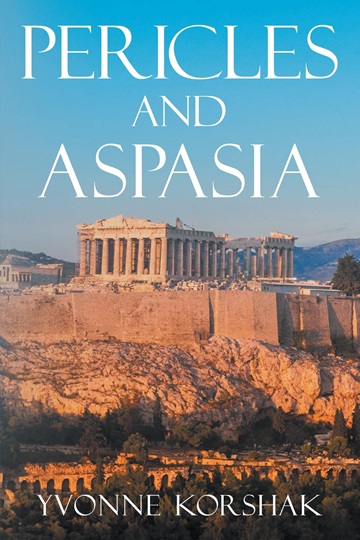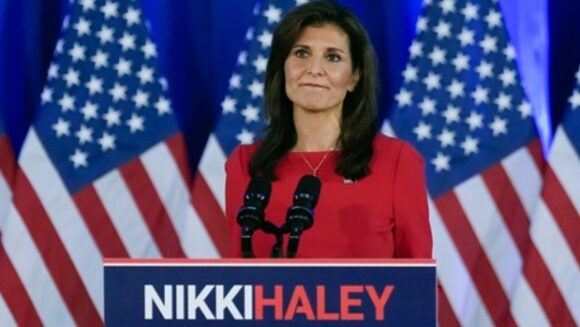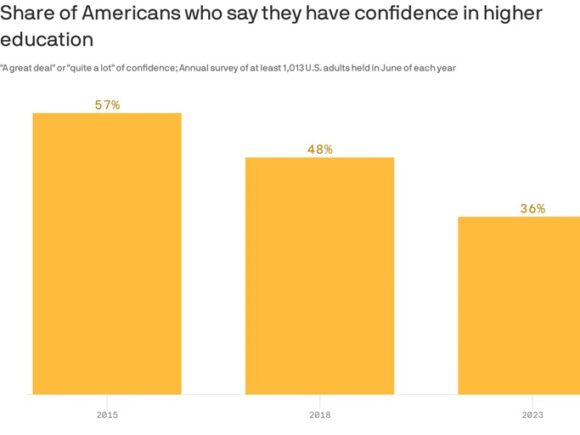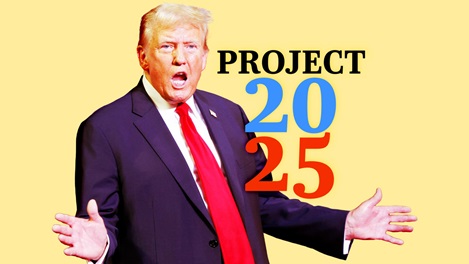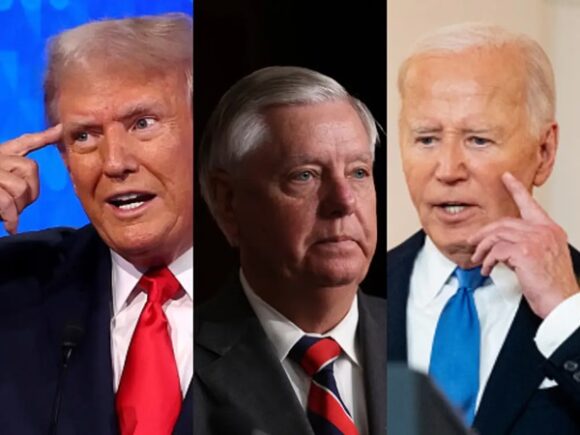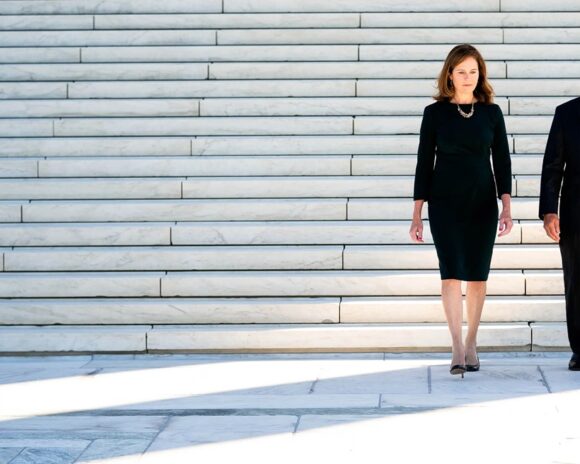 Amy Coney Barrett. Credit. Stefani Reynolds for The New York Times
Amy Coney Barrett. Credit. Stefani Reynolds for The New York Times
Dear Commons Community,
Stephen Vladeck, the author of The Shadow Docket: How the Supreme Court Uses Stealth Rulings to Amass Power and Undermine the Republic, has an interesting guest essay in The New York Times today. It features his views on U.S. Supreme Court Justice Amy Coney Barrett. I don’t know that I agree with his analysis but it is an interesting take from someone who has studied the U.S. Supreme Court well. Below is the entire essay.
Tony
The New York Times
The Most Interesting Justice on the Supreme Court Is Also the Loneliest
July 8, 2024
By Stephen I. Vladeck
When this Supreme Court term began last October, one of the more intriguing predictions from commentators was that Justice Amy Coney Barrett — entering her third full term on the court — would come out of her shell and emerge as the court’s new swing justice, casting the decisive vote in the most divisive cases.
The commentators got half of that right: There’s little doubt, in looking at the oral arguments the court has conducted and the decisions it has handed down over the past nine months, that Justice Barrett has found her voice — and has easily become the most interesting justice. Her questions at argument are penetrating; the analysis in her written opinions spares no one in its detail.
The second part of that prediction didn’t come true, though. Justice Barrett did side with some or all of the three Democratic appointees in several of the term’s most important cases — but her fellow conservatives seldom joined her. Indeed, while Justice Barrett was establishing her principled independence in the middle of the court, the other five Republican appointees moved only further to the right.
When the majority in the Colorado ballot disqualification case went further than necessary, and the Democratic appointees called them out for doing so, there was Justice Barrett — writing separately to chastise all of her colleagues for failing to send a unified message to the country. When Justice Clarence Thomas took too wooden an approach to assessing historical practice and tradition in a trademark case, there was Justice Barrett — pushing back in an important concurrence that was joined by Justice Elena Kagan and in part by Justices Sonia Sotomayor and Ketanji Brown Jackson.
When the Fifth Circuit allowed anti-vaccine activists and red states to bring an unprecedented lawsuit against the Biden administration built on the dubious claim that the government had coerced social-media networks into removing vaccine-related disinformation and misinformation, there was Justice Barrett — writing the majority opinion holding that the plaintiffs hadn’t come close to establishing that they had been harmed by the alleged government action and that the Fifth Circuit clearly erred in concluding to the contrary. And when the court sidestepped a highly charged dispute over emergency abortions in Idaho, it was Justice Barrett who wrote for the court’s “middle” in explaining why.
Even on Monday, when Justice Barrett otherwise joined the five other Republican appointees in holding that presidents enjoy at least some immunity from criminal prosecution, she went out of her way to push back against the majority’s most controversial holding — that protected conduct can’t even be used as evidence in criminal prosecutions against former chief executives.
Her partial concurrence offered a not-so-subtle road map to Judge Tanya Chutkan, presiding over the Jan. 6 prosecution, for how she might apply the majority’s new framework. Just as in her dissenting opinion in the Fischer v. United States case — in which the other Republican appointees, joined by Justice Jackson, voted to narrow a criminal obstruction statute used to prosecute Jan. 6 rioters — Justice Barrett was cleareyed about the threat to democracy Jan. 6 posed and the importance of holding to account those who were responsible for it.
This pattern has repeated in the more opaque context of emergency applications. In March, when the court briefly allowed Texas’ new state-level deportation regime to go into effect, it was a not-so-subtle nudge from Justice Barrett, in a concurring opinion, that prompted the Fifth Circuit to quickly put it back on hold (where it remains).
And in January, it was Justice Barrett who provided the fifth vote (joined by the three Democratic appointees and Chief Justice John Roberts) to allow the Biden administration to remove razor wire that Gov. Greg Abbott of Texas had placed along the U.S.-Mexico border — defusing what had been a brewing conflict between state and federal authorities in and around the town of Eagle Pass.
The justice reflected in all of these cases is someone who comes across in her writings as principled, nuanced and fair-minded — regardless of the bottom line that her votes end up supporting. Many of us may not agree with the principles reflected in her writings (like her majority opinion in a case holding that U.S. citizens don’t have a liberty interest in the immigration status of their noncitizen spouses). What cannot be doubted is that they are principles, and that, to an extent greater than many of her colleagues, Justice Barrett does her best to hew to them.
The problem that the court’s rulings at the end of the term drove home is that, as willing as Justice Barrett is to follow her principles even when they lead her away from Republican political preferences, the same can’t always be said of the other two justices in the court’s middle — Chief Justice Roberts and Justice Brett Kavanaugh. The chief justice wrote the majority opinion in Loper Bright Enterprises v. Raimondo, in which the court overruled its 40-year-old decision in Chevron — and the principle of deference to administrative agencies for which it stood. The chief justice wrote the majority opinion in Fischer, which narrowed the criminal obstruction statute so prevalent in Jan. 6 cases in blatant defiance of the principles of textualism to which the conservative justices are supposedly committed. And the chief justice wrote the court’s sweeping majority opinion in the Trump immunity case.
And it is the split between the five other Republican appointees and Justice Barrett in that last case that is most revealing. Whereas the majority mostly left application of its new and not exactly clear approach to presidential immunity to be hashed out by the lower courts, Justice Barrett “would have answered it now.” Whereas the majority went out of its way to punt on whether the charges against Mr. Trump can go forward, Justice Barrett was emphatic that, for at least some of the charges, she saw “no plausible argument for barring prosecution of that alleged conduct.”
And whereas the majority went out of its way to hold that immunized presidential conduct couldn’t even be used as evidence to try charges for which even the majority agrees there is no immunity, Justice Barrett criticized the majority and endorsed Justice Sotomayor’s dissent, noting that “the Constitution does not require blinding juries to the circumstances surrounding conduct for which presidents can be held liable.”
As with her dissent in the Jan. 6 obstruction ruling, Justice Barrett seems willing to accept that the court lives in the real world — and that the rules it hands down should be designed to actually work on the ground and to persuade those reading them that the court understands the limits on its proper role in our constitutional system.
In the end, this contrast is perhaps one of the defining — and most chilling — takeaways from the Supreme Court’s term: Justice Barrett came out of her shell. And the other Republican appointees retreated into theirs.

